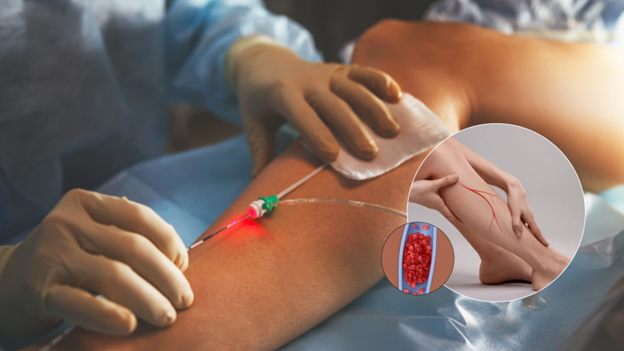
Research indicates that sleeping on one’s side may help prevent memory loss in later life. According to sleep expert Lev Fomchenkov, CEO of the online supplement retailer Cosmic Nootropic, this sleeping position plays a crucial role in facilitating the brain’s waste clearance system, potentially reducing the risk of cognitive decline and diseases such as Alzheimer’s.
Fomchenkov highlights that many individuals focus on sleep duration, aiming to achieve the recommended eight hours. Yet, he argues that the position in which one sleeps is equally important for brain health. Side sleeping, he explains, allows the glymphatic system—responsible for clearing waste from the brain—to function more effectively. This system is most active during sleep, working to eliminate toxic proteins that can contribute to memory problems.
“When you sleep on your side, gravity actually helps the cerebrospinal fluid circulate more effectively through your brain tissue,” Fomchenkov stated. He pointed out that this enhanced circulation aids in the clearance of harmful proteins, including beta-amyloid and tau, which accumulate over time and are linked to Alzheimer’s disease.
The implications of these findings are significant, particularly as the global population ages. Alzheimer’s disease, characterized by memory loss and cognitive decline, affects millions worldwide. According to the World Health Organization, approximately 50 million people currently live with dementia, with Alzheimer’s being the most common form.
With the rise in dementia cases, understanding how sleep positions affect brain function could lead to effective preventative strategies. Fomchenkov’s insights suggest that prioritizing side sleeping may be a beneficial lifestyle change for many.
As research continues to evolve, the connection between sleep and brain health remains a crucial area of focus. Understanding the role of sleep position in cognitive function could empower individuals to make informed choices that may enhance their mental well-being in later years.







